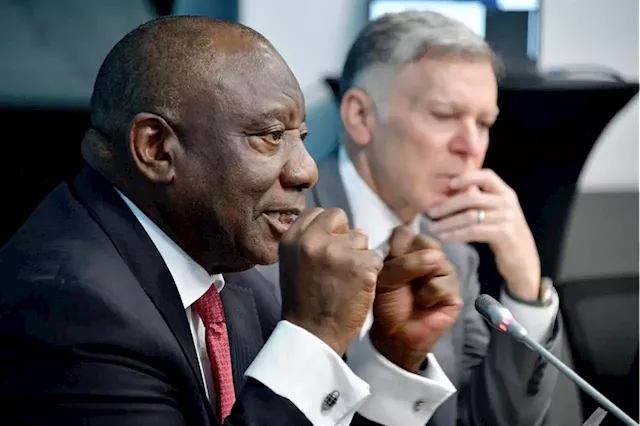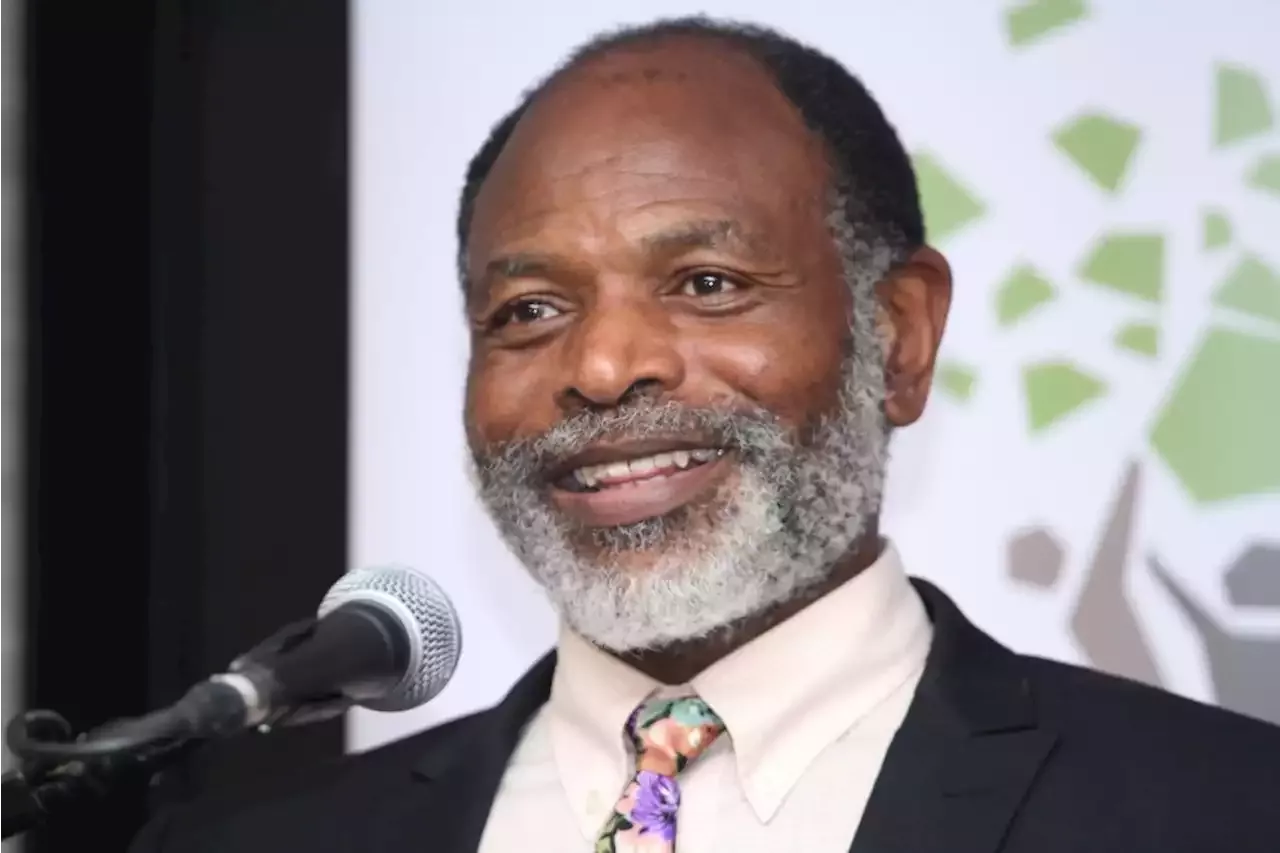You can also listen to this podcast on iono.fm here. ADVERTISEMENT CONTINUE READING BELOW This interview was originally aired on RSG Geldsake .
ABEL SITHOLE: Well, actually we have just paid physically R99 million of an outstanding dividend that we had held back until there was approval from the shareholder for the dividend to be paid. And the R141 million has not been paid yet and must still be approved for payment at the next AGM. But let’s talk about the funds under management. That is always the big, big number for asset managers. That increased by 2% to R2.6 trillion. Now, R2.6 trillion is a lot of money, but that doesn’t seem to be a significant increase. How does it compare to previous years?
RYK VAN NIEKERK: I’ve looked at your asset allocation within your portfolio, and around a third of the total amount of the R2.6 trillion is invested in government bonds. So there’s no scope for us to be in a sense told by government what to do, because the law is very specific. Clients would actually give us a mandate based on very scientific studies – asset-liability modelling that seeks to ensure that we manage the assets to be able to meet the liabilities that they have, the promises in terms of the benefits that they need to pay to members. That will then give us guidance in terms of strategic asset allocation and we then implement that.
This is driven by the fact that bonds generally, or fixed income, tend to be a match for certain liabilities that our clients have. The reality is that diversification is good; you know the old adage – it is the only free lunch you can get. Diversification comes at hardly any cost. So diversifying in terms of asset class, diversifying in terms of geography, is always a good thing. And to the extent that our clients allow us, we would actually want to do that, diversify more outside of the current economy.But some of the delistings for us mean that we can, for instance, still participate even if the entities are delisted.
RYK VAN NIEKERK: Around 9% of the portfolio is invested offshore, 6.5% in global equities. Now many private-sector portfolios or pension funds can invest up to 45% offshore. I’ve read somewhere that the average foreign exposure or offshore exposure of pension funds is around 30%. So [your] 9% is really low.
It gives you other benefits like currency diversification and such. But at the same time, of course, it is important that domestic investors do support the domestic markets, because if we all now are supporting external managers – unless the external managers are coming into our market – it creates problems for our own market in the long term.
As you would appreciate, our unlisted portfolios’ main focus is actually about supporting core businesses – not via an intermediary like the JSE. So we are investing directly in businesses. So whether you talk about Eskom providing energy, or you talk about Transnet providing logistical capability, that’s all infrastructure that, if it doesn’t work, becomes problematic [not only] for us as investors, but also for the broader economy.
Belgique Dernières Nouvelles, Belgique Actualités
Similar News:Vous pouvez également lire des articles d'actualité similaires à celui-ci que nous avons collectés auprès d'autres sources d'information.
 | State-business collaboration takes on new meaning with Discovery Place meetingThe collaboration, however well-intentioned, between the state and business is fraught with grave political implications. The idea that unelected business leaders can perform state duties triggers a conflict of interest because state agencies generally regulate the conduct of companies, writes Mpumelelo Mkhabela.
| State-business collaboration takes on new meaning with Discovery Place meetingThe collaboration, however well-intentioned, between the state and business is fraught with grave political implications. The idea that unelected business leaders can perform state duties triggers a conflict of interest because state agencies generally regulate the conduct of companies, writes Mpumelelo Mkhabela.
Lire la suite »
